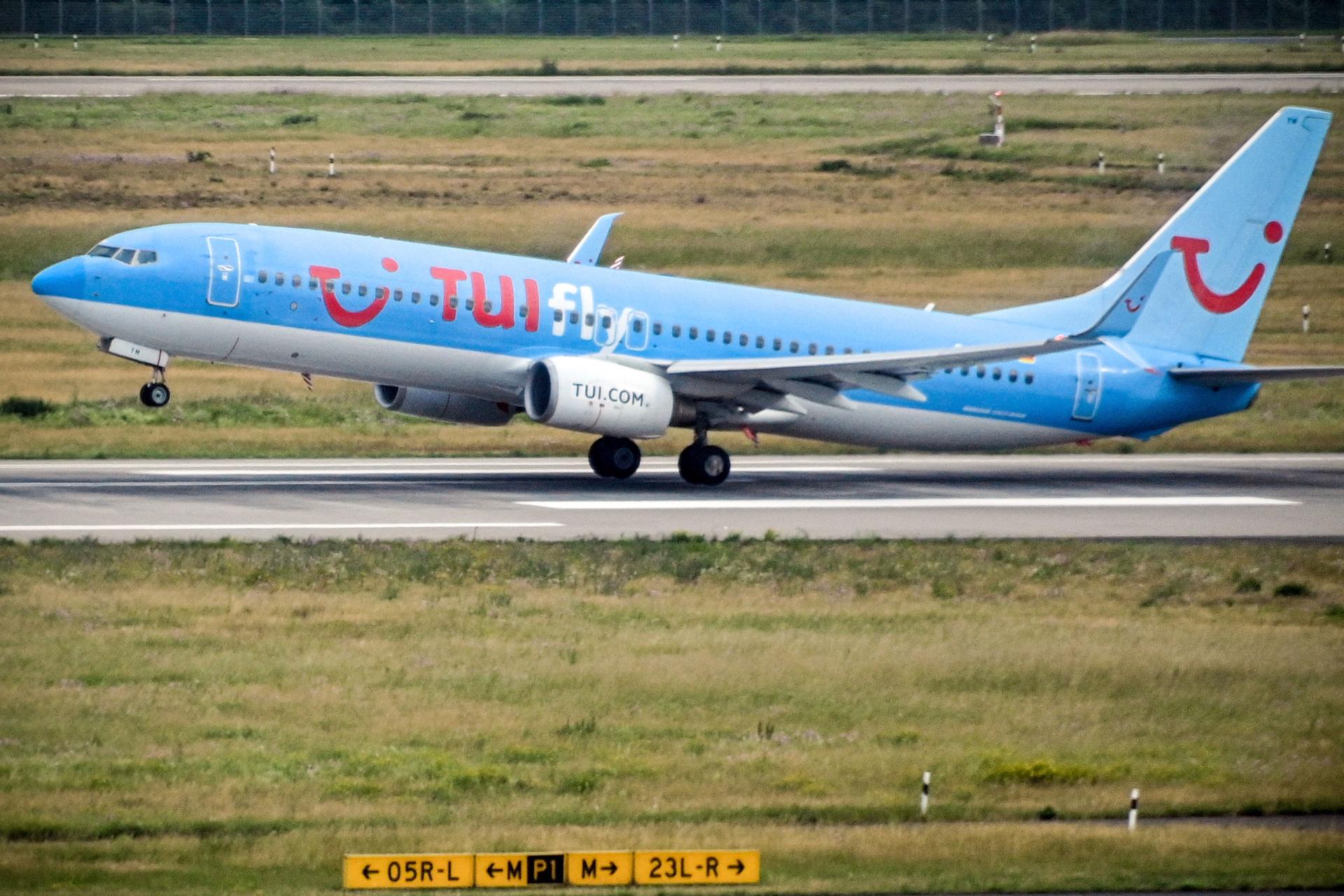The German group, which recently switched its listing from London to Frankfurt, said 60% of the summer programme has been sold so far, in line with 2023's level, while prices had risen by 4% on average. Travel firms are hopeful that 2024's summer season will surpass pre-pandemic levels, despite economic uncertainty, delays in plane deliveries and rising jet fuel prices. TUI's revenue rose by 16% to a record 3.6 billion euros in the quarter, with cruises and hotels segments performing well.
TUI narrowed its operating loss in the January-March period to 189 million euros ($205 million), compared with a consensus forecast of a 246 million euros loss, LSEG data showed. Milder winter weather motivated some travellers to make last-minute bookings in the second quarter, TUI said, adding that demand was strongest for short and medium-haul destinations, with the Canary Islands and Egypt being the most popular and demand for Cape Verde increasing further.
TUI offers staff housing on Canary Islands to appease anti-tourism protests
Demonstrations against mass tourism on Spain's Canary Islands have prompted European travel giant TUI to invest in housing for its staff rather than hotels, the company said on Wednesday, while trying to play down the size of the protests. "We have offered to build housing for employees and others. We have proactively addressed the issue," TUI chief executive Sebastian Ebel said after Europe's largest tour operator reported quarterly earnings.
Last month, thousands of people protested in Tenerife and other islands of the beach-lined archipelago, calling on authorities to limit tourist numbers to relieve pressure on the environment, infrastructure and housing stock.
"This is a very important topic for us to clear up," Ebel said. He argued that package tourism did not contribute to a housing crunch on the islands, saying that every holidaymaker TUI brings to the region has a bed in a hotel. The protests were also less of an issue in the Canary Islands than made out in German media coverage, he added. Nevertheless, the company will not be investing in new hotels there, the CEO said.


No comments
To be able to write a comment, you have to be registered and logged in
Currently there are no comments.